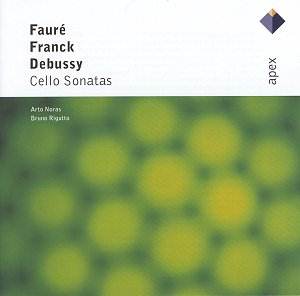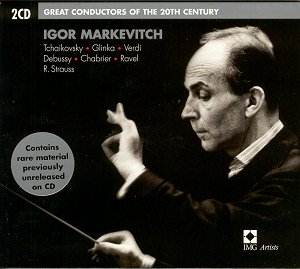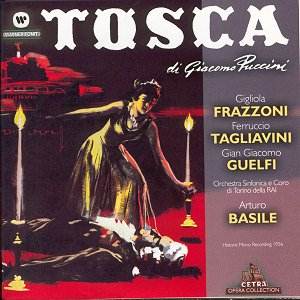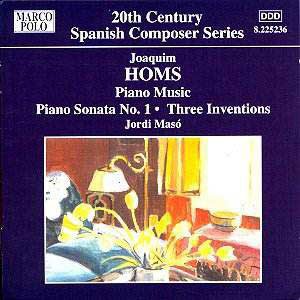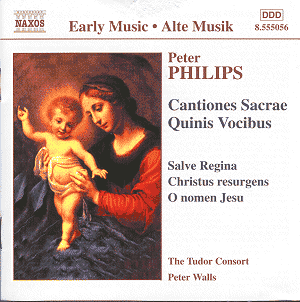 Composer: Peter Philips
Composer: Peter Philips
Works: Cantiones Sacrae, Quinis Vocibus: Salve Regina, Christus resurgens, O nomen Jesu
Performers: The Tudor Consort / Peter Walls (conductor)
Recording: August 1999, Chapel College, Island Bay, Wellington, New Zealand
Label: NAXOS EARLY MUSIC SERIES 8.555056
The music of Peter Philips (1561-1628) occupies a fascinating niche in the tapestry of English Renaissance sacred music. Often overshadowed by the luminary William Byrd, Philips was a prolific composer whose works resonate with the emotional depth and sophisticated counterpoint characteristic of his era. His Cantiones Sacrae, a collection of motets composed during a period of religious turmoil, stands as a testament to his skill and artistry in sacred music, marked by both intricate polyphony and expressive text setting. This recording by The Tudor Consort presents an enticing opportunity to revisit Philips’s oeuvre, revealing the richly woven textures and potent spiritual fervor that defined his musical language.
The performances captured in this recording showcase The Tudor Consort’s adeptness at navigating the complex interplay of voices that Philips demands. The five-part motets, each imbued with a distinct character, are delivered with both clarity and emotive nuance. The Salve Regina opens with a lush harmonic palette, the soaring lines of the sopranos deftly intertwining with the grounded bass, creating a sense of celestial uplift. Here, the ensemble’s meticulous attention to dynamics allows the text’s plea for mercy to unfold with palpable sincerity. Similarly, in Christus resurgens, the vivid word painting—where musical gestures vividly reflect the text’s meaning—is executed with a precision that invites listeners into the emotional core of the piece.
Philips’s setting of O nomen Jesu is particularly noteworthy for its harmonic exploration, which moves away from the austere paradigms of Palestrina towards the early baroque’s vibrant chromaticism. The Tudor Consort’s interpretation emphasizes this shift, employing a subtle rubato that breathes life into the melodic lines. The singers’ ability to blend whilst maintaining the independence of their lines is commendable, reflecting Philips’s masterful counterpoint. The warm timbres of the ensemble are enhanced by the recording’s acoustic, which lends an intimacy to the performances without succumbing to excessive resonance—an important factor given the intricate textures and counterpoint at play.
The engineering of this recording deserves recognition, as it allows the individual voices to shine while also presenting the full richness of the ensemble sound. The balance is carefully managed, ensuring that no voice is lost in the tapestry, facilitating a clear understanding of Philips’s contrapuntal innovations. Compared to other notable recordings of Philips’s work, such as those by The Sixteen or the Cambridge Singers, this interpretation offers a fresh perspective, emphasizing a more nuanced and contemplative approach to the music.
The Cantiones Sacrae not only reflects Philips’s own artistic journey but also embodies a pivotal moment in the evolution of English sacred music. This collection marks a departure towards a style that embraces emotional expression alongside polyphonic intricacy. The Tudor Consort’s performance, under the insightful direction of Peter Walls, celebrates the beauty of these motets, illuminating their historical significance and musical depth. This recording thus serves as an invaluable addition to the catalog of early music, breathing new life into the works of a composer who deserves greater recognition in the pantheon of English music.
